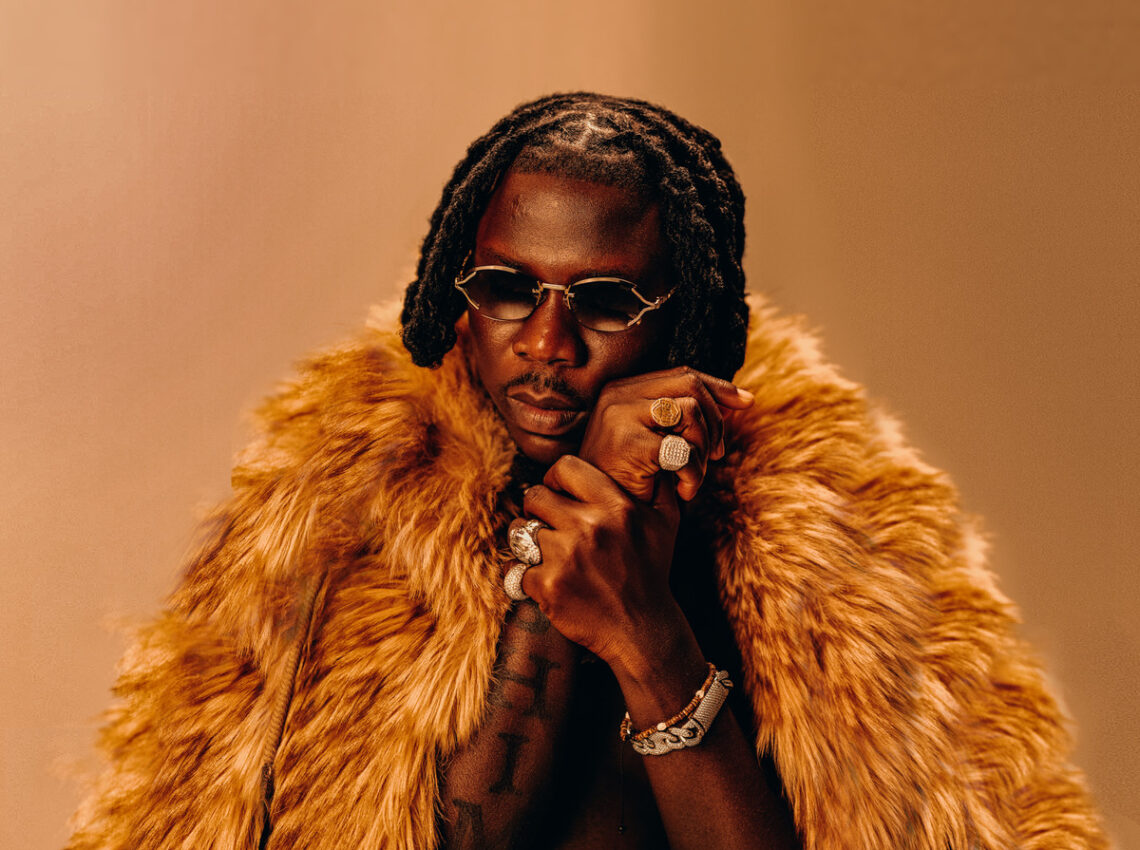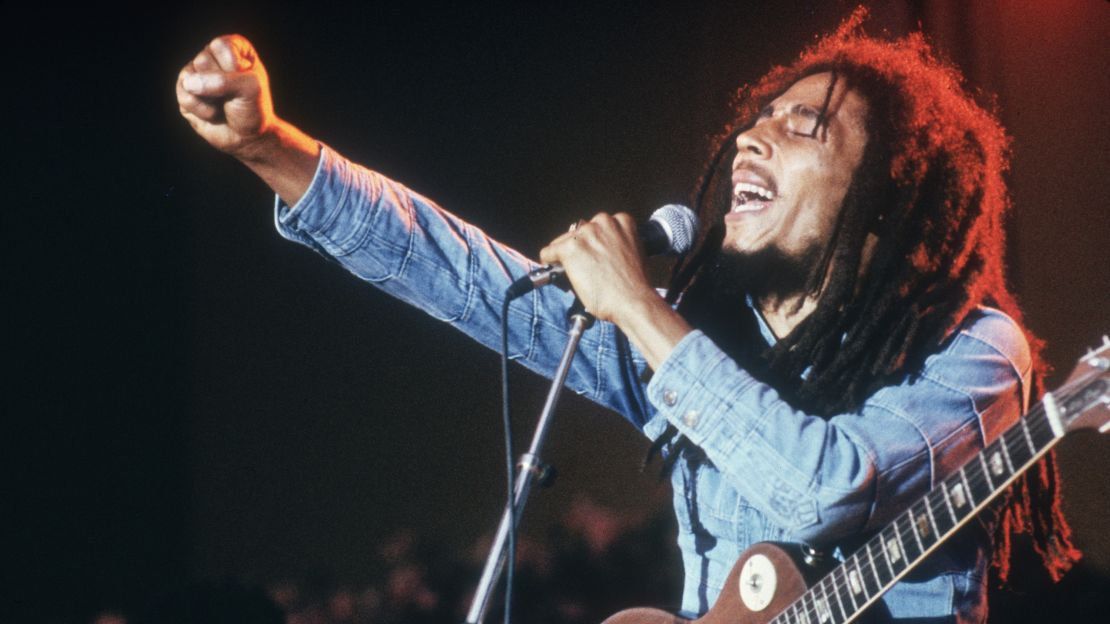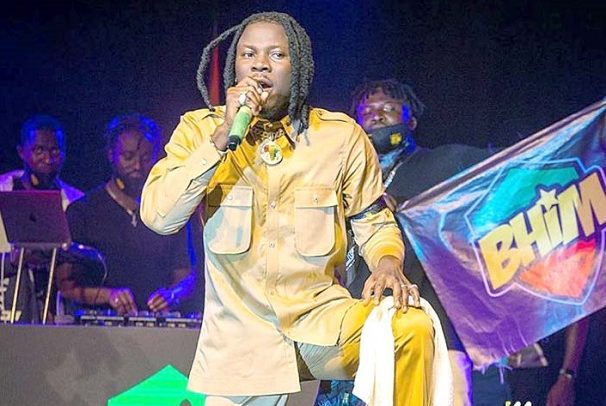When Ghanaian Afro-dancehall and reggae star Stonebwoy visited Jamaica earlier this year for the Island Music Conference, he made headlines with an impromptu freestyle alongside Shaggy, Sean Paul and Wyclef Jean. But for the 36-year-old, the trip was about more than just performing — it was a pilgrimage.
Arriving in the capital, Kingston, just a week after the US release of the biopic “Bob Marley: One Love,” the singer linked up with the Reggae legend’s grandson, Yohan Marley, to record new music for Stonebwoy’s forthcoming album. The session was the Ghanaian’s first visit to Bob Marley’s iconic Tuff Gong Studio.
“I’m inside of a legendary monument, and this is a monumental situation right now,” said Stonebwoy as he laid down his tracks, seamlessly alternating between English, Jamaican Patois, and Ghanaian Twi, riffing off other collaborators in the studio.

“It’s emotional, man,” the visibly affected singer said during the session. “It means a lot. I feel like I’m surrounded by the spirits of those who built here.”
“Once upon a time, Bob Marley was probably sitting in the same spot that I am sitting in,” he added. “It’s like a world reserve for music, for consciousness, for somebody who stood up for humanity in his music.”
Jamaican sounds take root in Ghana
Very few have propelled Ghana’s dancehall movement to greater heights than Stonebwoy, whose real name is Livingstone Etse Satekla. He is not only one of the most renowned Reggae and dancehall artists across Africa but he also commands the respect and admiration of Caribbean audiences.
For Stonebwoy, there’s nothing strange about a Ghanaian having such a deep affection for music forms that originated in Jamaica.
“As an African, I can relate to anything Black outside of Africa, then it’s ours, it’s for us, and we all share it,” the award-winning artist explained to CNN.
“The influence of the motherland is significant in the formation of Reggae, dancehall, and Caribbean music styles,” he noted, likening the storytelling and style of these genres to Highlife, a West African fusion of traditional rhythms with jazz and calypso.

“It’s the message of the style of music that influenced me to go the direction I did,” Stonebwoy said.
“Highlife music is definitely a style of music that also tells a lot of conscious stories, just like reggae.”
“We can relate, and we love each other’s journeys,” he added. “It’s time for us to continue to bring it together in order to sing one song, like Bob Marley said.”
While at Tuff Gong Studios, he recalled that the first Bob Marley song he ever heard was “Three Little Birds,” a childhood favorite of Stonebwoy’s often played by his father.







Your point of view caught my eye and was very interesting. Thanks. I have a question for you.